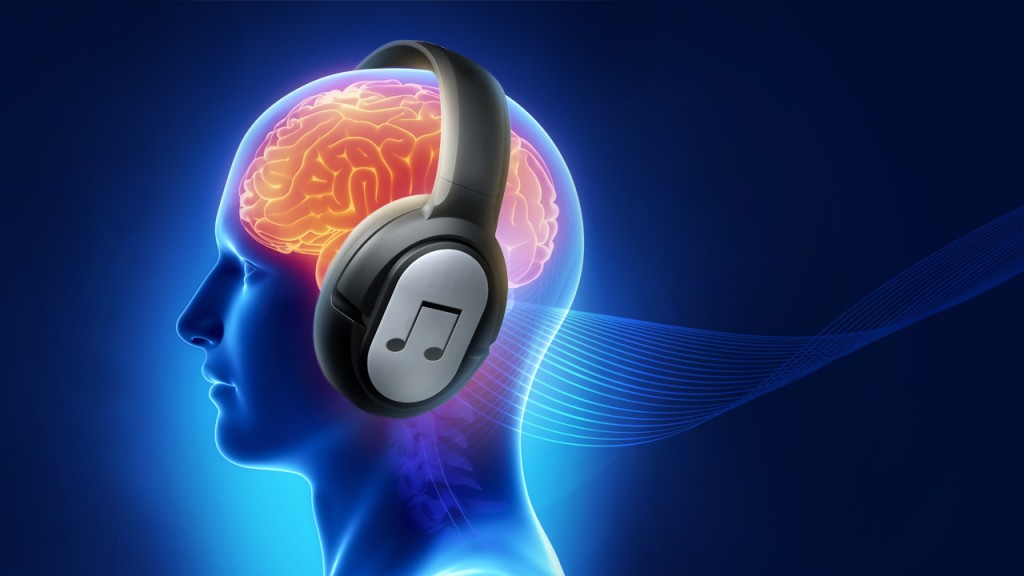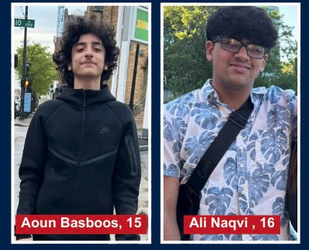Music has a major effect on us, as music is all over the world for different reasons. Music plays a big role in how we feel and associate things with each other. It has been proven that music can help reduce anxiety, blood pressure, and pain, as well as improve sleep quality, mood, mental alertness, and memory. Music can even help with mental, physical, and other issues. A recent 2021 study showed that adults who listened to both personal and neutral selections of music, at home and in a laboratory environment, had significantly “reduced cortisol levels.” This was found regardless of the music type.
Songs and melodies have the power to inspire people, guide their actions, and aid in the formation of identities. Music can unite people – even if absorbed in solitude, capture your imagination and boost creativity. Music provides a platform for the underrepresented to speak out, which affects mood and inspiration, Helps us cope by encouraging us to express ourselves through movement and dancing, Bridging a divide in communication, and Creating a venue for education and idea-sharing. Music can also help you relieve pain. Studies are shown that music manages pain. By reducing stress levels and providing a strong competing stimulus to the pain signals that enter the brain, music therapy can assist in pain management. It eases pain. Music can meaningfully reduce the perceived intensity of pain, especially in geriatric care, intensive care or palliative medicine.
Positive emotions dominate musical experiences. Pleasurable music may lead to the release of neurotransmitters associated with reward, such as dopamine. Listening to music is an easy way to alter mood or relieve stress. People use music in their everyday lives to regulate, enhance, and diminish undesirable emotional states. There is also an intellectual component to the appreciation for music. The dopamine systems do not work in isolation, and their influence will be largely dependent on their interaction with other regions of the brain. That is, our ability to enjoy music can be seen as the outcome of our human emotional brain and its more recently evolved neocortex.














